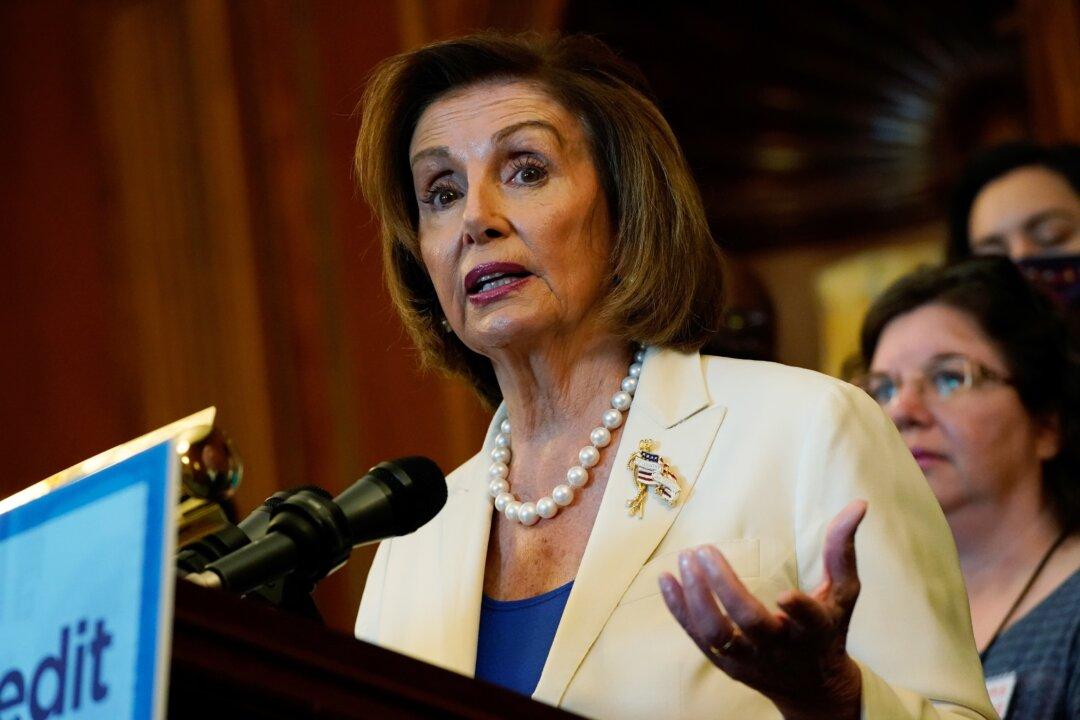News Analysis
Speaker of the House Nancy Pelosi (D-Calif.) advanced President Joe Biden’s unprecedented $3.5 trillion spending blueprint on Aug. 24, but only after resorting to a parliamentary maneuver of doubtful constitutionality.


Speaker of the House Nancy Pelosi (D-Calif.) advanced President Joe Biden’s unprecedented $3.5 trillion spending blueprint on Aug. 24, but only after resorting to a parliamentary maneuver of doubtful constitutionality.